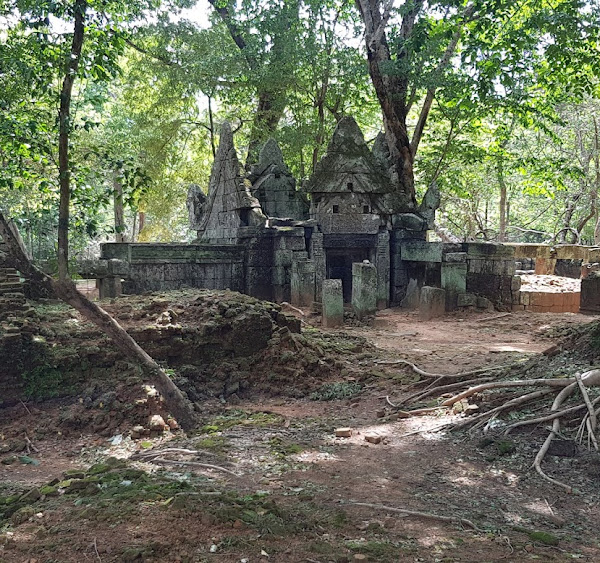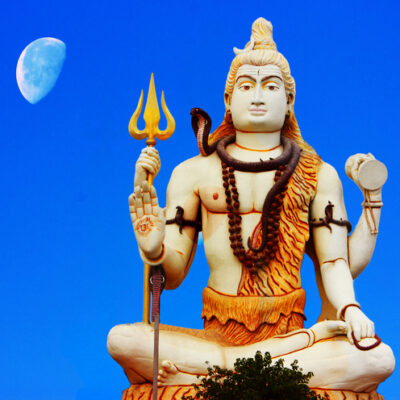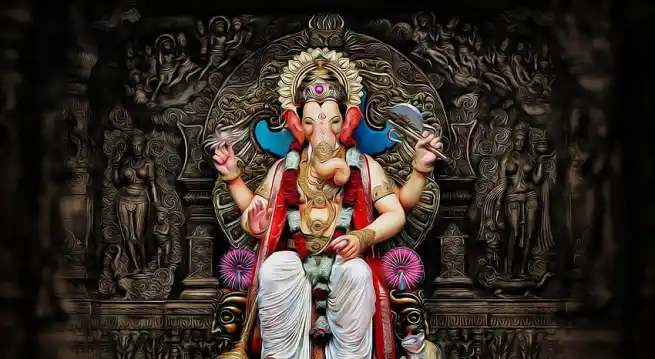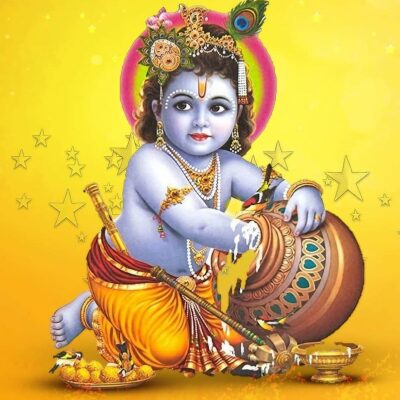Prasat Krachap – Cambodia

Address
Prasat Krachap – Srayong commune, Kulen district, Cambodia
Diety
Tribhuvanadeva
Introduction
Prasat Krachap is located in Srayong Cheung village, Srayong commune, Kulen district, and is a remote archaeological site in northern Cambodia about 120 kilometres away from Siem Reap. Prasat Krachap is part of the Northeast Temple Group, and is often referred to as the Temple of Inscriptions. Most of the buildings are now in ruins, piled on the ground as heaps of large bricks, but the complex was once fairly large, featuring five shrines on a shared platform which were enclosed by two sets of walls. The inner walls had pillared galleries leading to the outside, with the eastern and western gopuras (entrance gateways) made of laterite with sandstone pillars. The western gateway is covered in inscriptions on both the doorway and pillars. From inscriptions around the doors it has been established that the temple was built in 10th century, dedicated to Tribhuvanadeva, a linga representation of Shiva. Prasat Krachap is located about 200 meters east from the north-east corner of the Rahal Baray.
Puranic Significance
Originally, Prasat Krachap had five Prasat towers built of brick and in quincunx order on a shared platform, four of them square and one rectangular. This quincunx was enclosed by two laterite walls, the first (inner) one with pillared galleries opening to the outside. The Gopuras to the east and west were of laterite with pillars in sandstone. The large Gopuram had a roof covered with tiles supported by a wooden structure; this is indicated by some holes in the stones. A second enclosure also has Gopuras to the east and west, originally they could have been built in wood. Despite the desolate condition of most buildings Prasat Krasap is a historically interesting place due to the density of its structures and some stone carvings depicting Shiva on Nandi as well as inscriptions. A Sanskrit inscription on the door pillars of Prasat Krachap, dated 10th century, consecrates this temple to Tribhuvanadeva. Many temples of Jayavarman were dedicated to gods with the “Tribuvhana-“being part of their names. “Tri-bhuvana” means “three worlds” and refers to earth, heaven and underworld, together constituting the entire universe.
Century/Period/Age
10th century
Managed By
UNESCO World Heritage Site
Nearest Bus Station
Srayong Cheung, Koh Ker
Nearest Railway Station
Kulen, Koh Ker
Nearest Airport
Siem Reap






